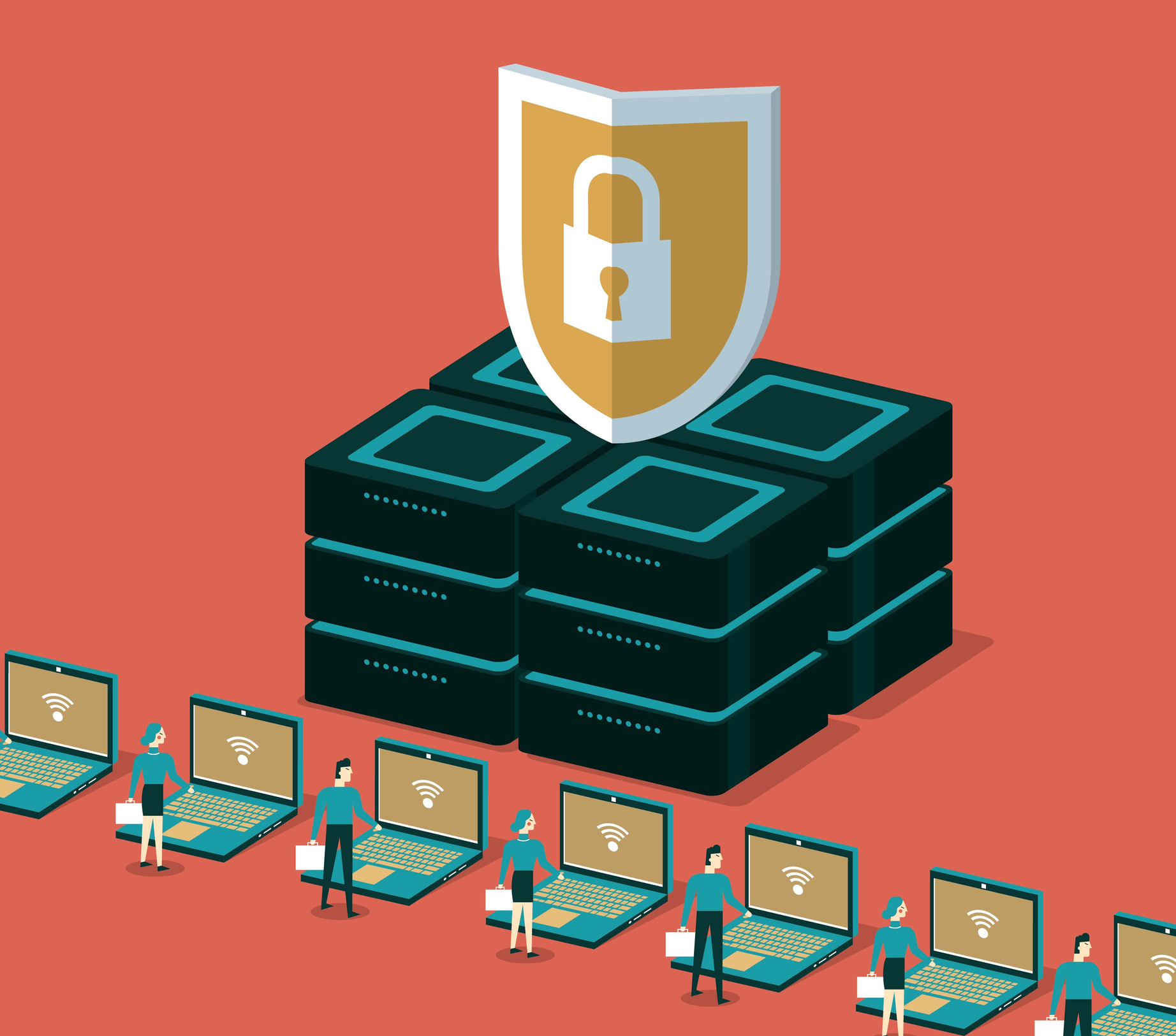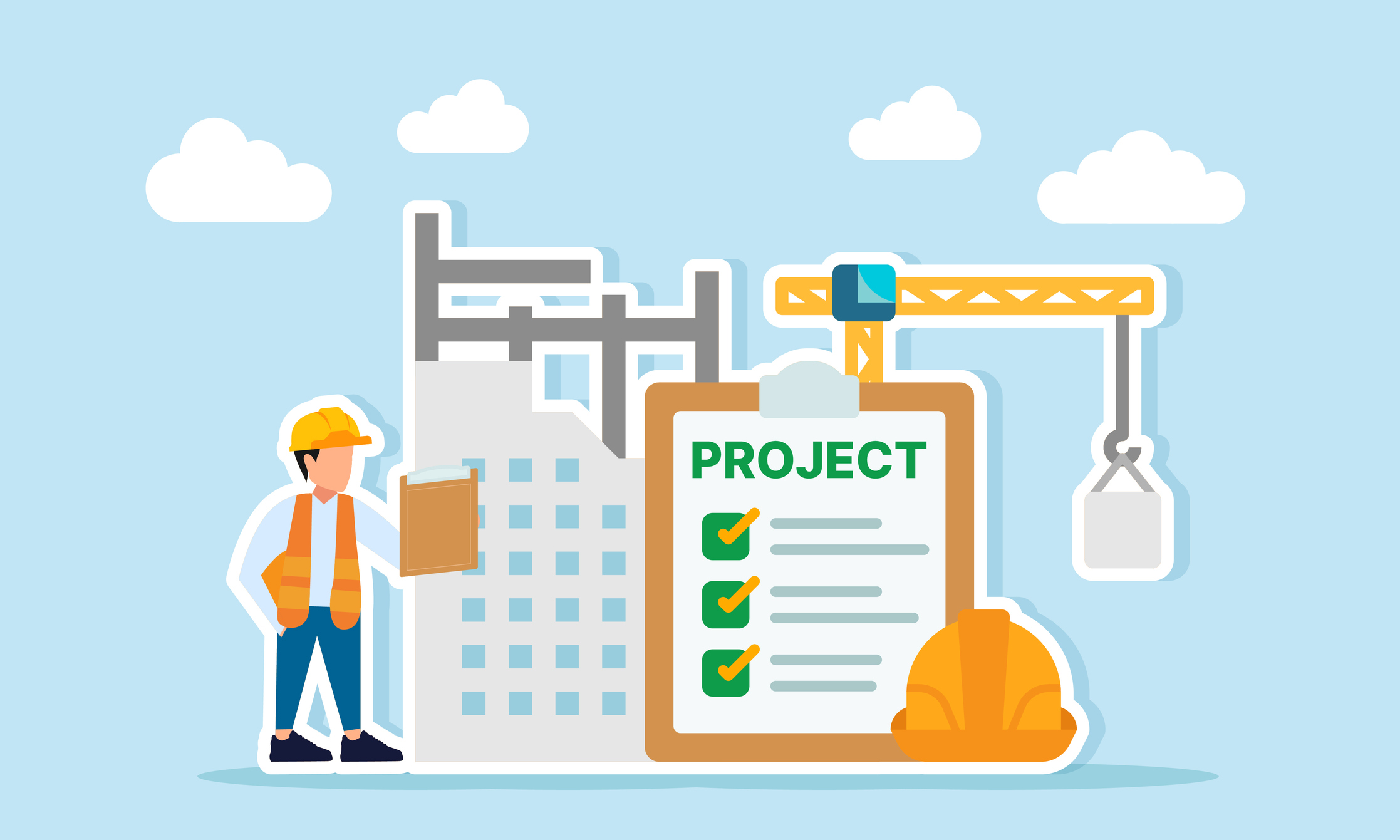RIMS 2025: 5 HR Trends to Watch
Now more than ever, HR leaders are prioritizing inclusive workplace cultures — especially with the next generation of insurance professionals in mind. We explore key takeaways from RISKWORLD 2025 on how HR is evolving to strengthen organizational resilience and ensure long-term success.
May 19, 2025

Human resources (HR) departments are constantly challenged to modernize their recruitment and retention processes with ethics and considerations of employee well-being at the top of their minds. At RISKWORLD 2025, HR leaders explored building the foundation of sustainable growth and organizational adaptability to meet the demands of a changing workforce in the insurance industry.
Angie Schaefer, Corporate Senior Vice President and Chief Human Resources Officer at Safety National, shares top takeaways from the conference’s HR leaders.
1. DEI Drives Workplace Culture and Retention
HR plays a critical role in championing diversity, equity, and inclusion (DEI) as a cultural shift. All aspects of DEI impact the employee lifecycle, from onboarding to leadership development and wellness. Emerging professionals, like Generation Z, are particularly interested in organizations’ positions on DEI. An effective approach to DEI can influence whether a candidate decides to apply for a role, and candidates may rule out certain companies if their values do not align. HR leaders need to consider how their DEI messaging appeals to the younger generation of applicants, whether that be through focused campus outreach, Insurance Careers Month, or DEI-specific insurance industry initiatives, like the Dive In Festival.
2. Career Growth for Emerging Professionals Demands Agility
Younger professionals are entering the workforce, and with many from non-traditional backgrounds, there are new expectations regarding flexibility and progression in their careers. Meeting those evolving needs requires a modernized HR approach that offers hybrid work options, digital learning platforms, and self-directed development. Career mobility and internal advancement were identified as key retention levers, especially in the risk and insurance sector, where competition for talent is rising. For emerging risk professionals, insurance industry organizations need to emphasize development practices tailored to a changing industry. The RIMS Certified Risk Management Professional (RIMS-CRMP) focuses on advanced analytics, futurecasting, black swan scenarios, and adaptive analysis skills, which can be invaluable to any career, since these concepts will be essential to the future of risk management.
3. AI Governance is Imperative
HR continues to be instrumental in the development of policies and procedures related to AI usage in the insurance industry. While these tools can provide incredible efficiencies, they must be used ethically and transparently to avoid bias, maintain privacy, and maintain employee trust. AI can be used to assess emerging risks, which are ever-present in the casualty insurance market. AI can help adapt quickly, identifying high-risk policies that need more careful consideration in the underwriting process. In partnership with a carrier’s legal and IT teams, HR can help develop a governance approach that ensures equitable treatment of policyholders and avoids discriminatory practices.
4. Engaging Students Builds a Strong Talent Pipeline
Students affiliated with the Spencer Foundation and Gamma Iota Sigma underscored the critical need for early outreach and engagement in building a future-ready workforce. Many organizations shared their successes in recruiting students through immersive learning, case competitions, and mentorship. Additionally noted were university partnerships and internship programs that showcase career paths in risk and insurance, which are vital to creating a stronger, more diverse pipeline of talent. Organizations should consider how they build skills essential to the future, where they are recruiting from, and whether students would relocate for the right company.
5. Employee-Led Groups Support a More Inclusive Workplace
Employee-led groups can promote the values most important to their workforce, whether that includes mental well-being, sustainability, community and philanthropy, or physical wellness. These groups begin with awareness, advocacy, and supportive community-building. Gaining support from senior leaders can help validate group efforts, boosting participation and securing resources needed to gain visibility. For mental health-focused groups, regular, informal gatherings can strengthen a sense of identity and empowerment for neurodiverse individuals where they feel safe to share personal experiences, reduce stigma, and foster a community. For philanthropy and sustainability-focused initiatives, these groups can lean on each other’s ideas to develop meaningful change in their communities.

























